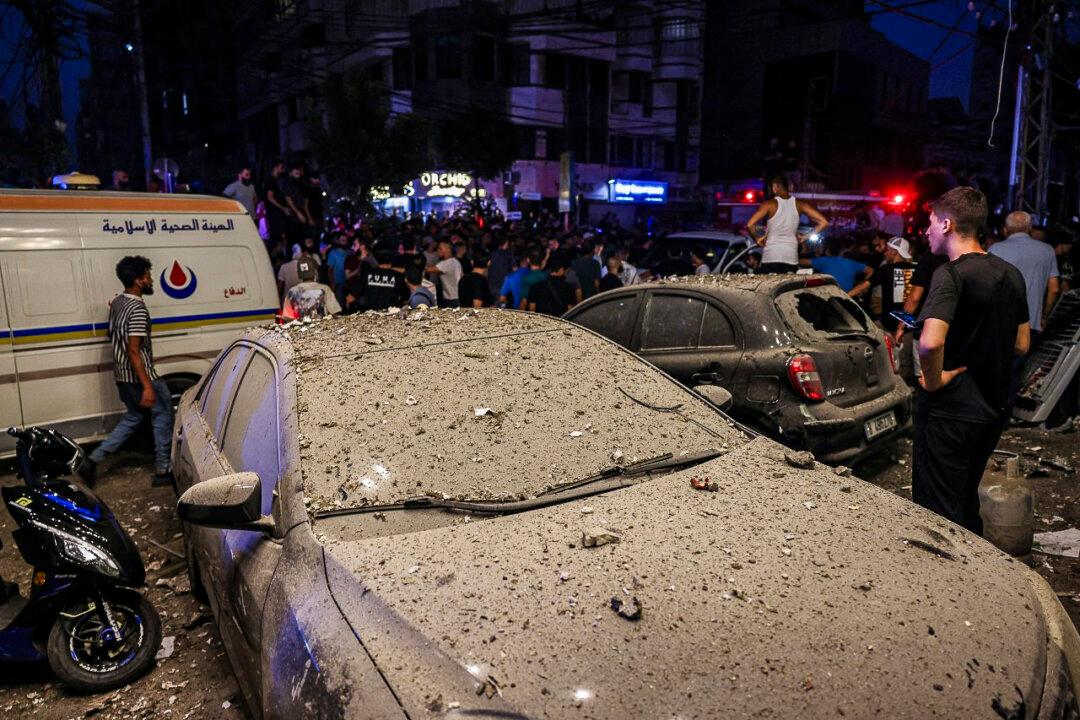Israel’s military struck a Hezbollah stronghold in Beirut’s suburbs on July 30, saying it targeted the commander responsible for the attack on 12 Israeli children and teens in the town of Majdal Shams in the Golan Heights.
The Israel Defense Forces (IDF) issued a statement saying Israeli Air Force fighter jets had eliminated Fuad Shukr, also known as “Sayyid Muhsan,” Hezbollah’s “most senior military commander.”





